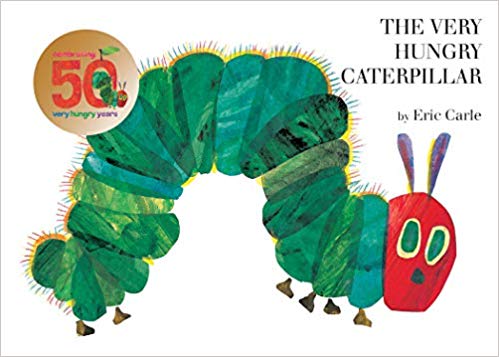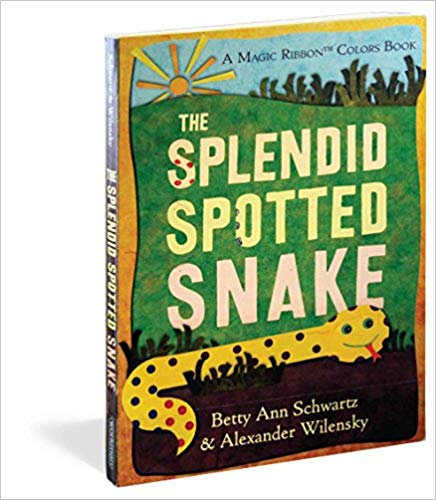Each toddler is different. Some of them start speaking very soon, some of them needs more time. Second language learning can go hand in hand with mother tongue learning. Mixing bilingual sentences is completely normal and most of toddlers do it simply because they can. They can choose different words from both languages they prefer using. By the age of 5 they are able to think in both languages and have straight connections between them. When they are 6 they are able to translate and explain the language use.
Teaching a toddler to speak English, or any other language, is a lot like teaching him to walk. You don't spend time each day showing your child how to lift his feet up and down - you simply provide him with a safe environment so that he can figure it out on his own. With speaking, you don't spend time each day holding up language flash cards, you provide him with a language-rich environment and let him develop at his own pace. Toddler brains are primed to learn language; according to some studies, they go from knowing 50 words at eighteen months to knowing between 100 and 200 words at 2 years of age and by age of 3 that number soars to about 1,000.All you need to do is make sure that you speak to them in English regularly and let their amazing brains do the rest.
How can we help him to speak?
Reading out loud to your toddler is important, no matter what language you're trying to teach him. Choosing books with simple English vocabulary and vivid pictures will help your toddler develop the basics of English vocabulary, sentence structure and grammar. Not only can you read the text, you can discuss the pictures in the book. Point to a picture and ask your toddler what it is - or you can tell him what it is - depending on his comfort level with spoken English. You can even create his own books together.
Reading to your child and telling stories are one of the best ways to help him start talking up a storm, but there are tons of other creative methods to encourage him.


Using everyday situations:
- Talk about clothes when your child is getting dressed, or when you are sorting laundry (‘Let’s put on your blue socks’, ‘It’s Dad’s T-shirt’, etc.).
- Practice vocabulary for toys and furniture when you are helping your child to tidy their bedroom (‘Let’s put your teddy bear on the bed!’, ‘Where is the blue car?’).
- Teach food vocabulary when you are cooking or going shopping. When you go to the supermarket, give your child a list of things to find (use pictures or words depending on their age). Revise the vocabulary when you put the shopping away at home.
- Play situations your child knows (e.g. travelling, shopping, etc.)
.jpg)
Using songs
Songs are a really effective way to learn new words and improve pronunciation. Songs with actions are particularly good for very young children as they are able to join in even if they are not yet able to sing the song. The actions often demonstrate the meaning of the words in the song. My favorites are Patty Shukla and Blippi.

Which topics are good to start with?
Consider your child’s interests and personality when deciding which topics to teach, and let your child help you to choose. You may like to start with some of these topics:
- numbers (1–10; 10–20; 20–100)
- colors
- adjectives (e.g. big, small, tall, happy, sad, tired)
- the body
- toys
- clothes
- animals (e.g. pets, farm animals, wild animals)
- food
Do not pressure them to answer in English
Your child may find it difficult to respond in English, so you should not pressurize them either. However, you can talk to them in simple sentences, like:
- Commands: “Let’s go”, “Come here” , “Put on your shoes” etc.
- Praise: “Great work”, “Good job” etc.
- Observations: “It’s so hot today”, “This is a beautiful flower”
- Ask questions: “Where are your books?”, “Where is Dad?”, “Do you want some ice-cream?”
All these are great ways to expose your child to English language without forcing them to answer.
To help your child to say English words or sentences without worrying, ask them to say the words in different ways: with a happy face, with a sad face, singing opera, acting sleepy… use your imagination and have fun. If the stress is not on speaking but on making funny faces, children are often happy to repeat the language over and over again.
If you want to correct your child, don't correct every mistake, and never interrupt a child to correct. Wait until they finish speaking, then say the word or the sentence correctly and encourage them to repeat. Don't say 'Not like that' or 'It's wrong'. Instead choose 'Listen…' or 'Let's try again'. Making mistakes is an important part of learning a language.
Let your child see YOU enjoy the language
Children have impressionable minds. If they see you enjoying something, they will definitely try it out. Your kids look up to you, let them see you enjoying English music, reading English books or talking to a friend in English. This is the easiest way to get your child interested in English language.
